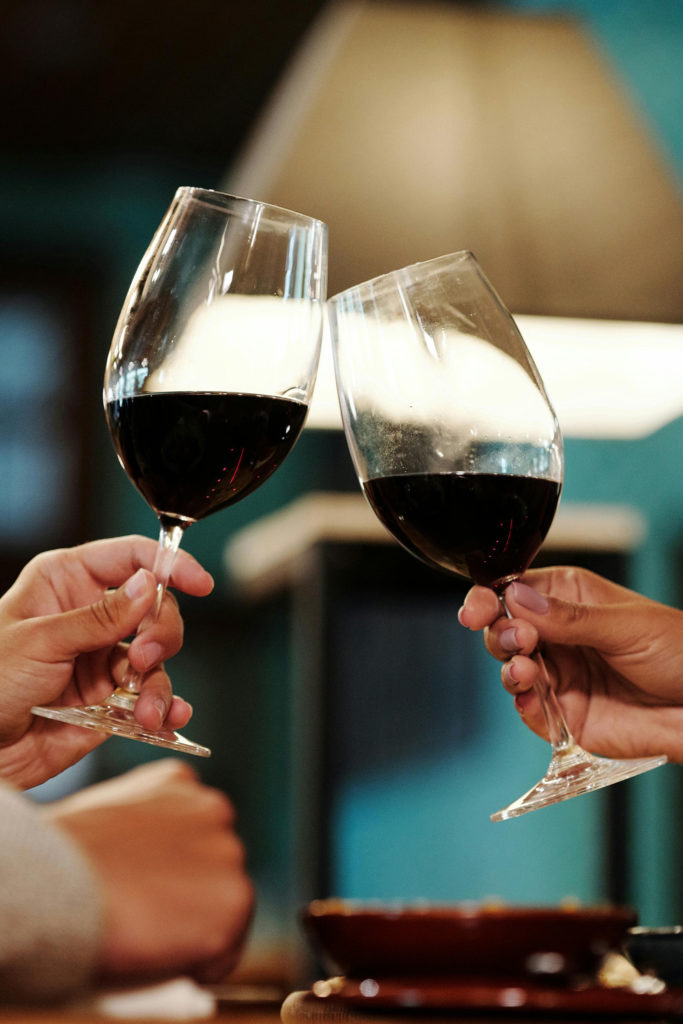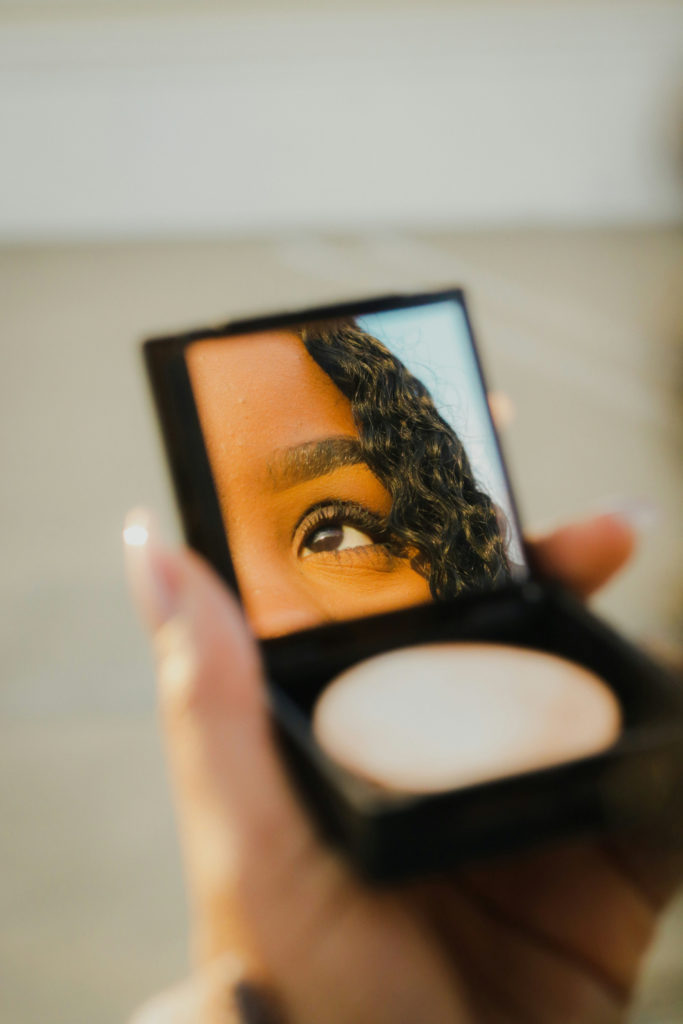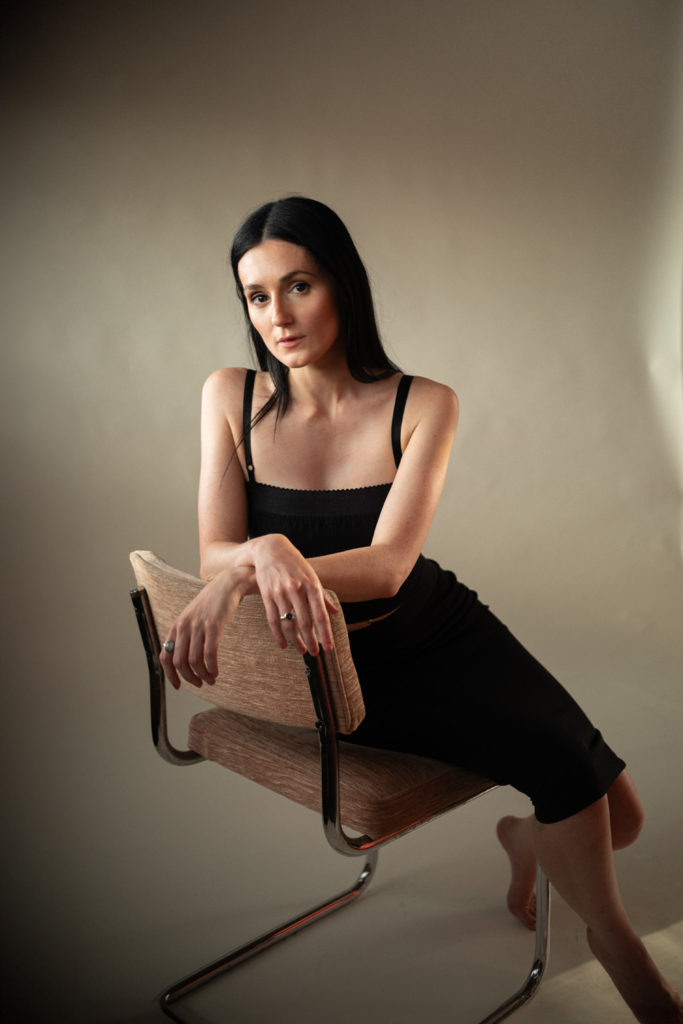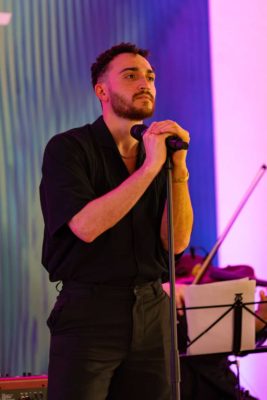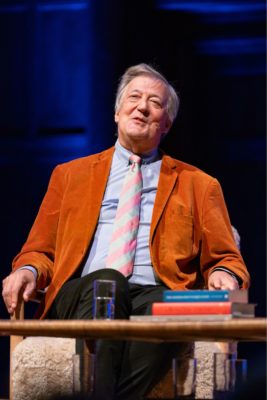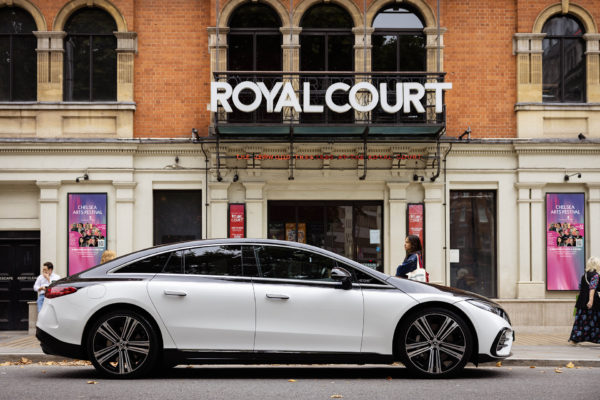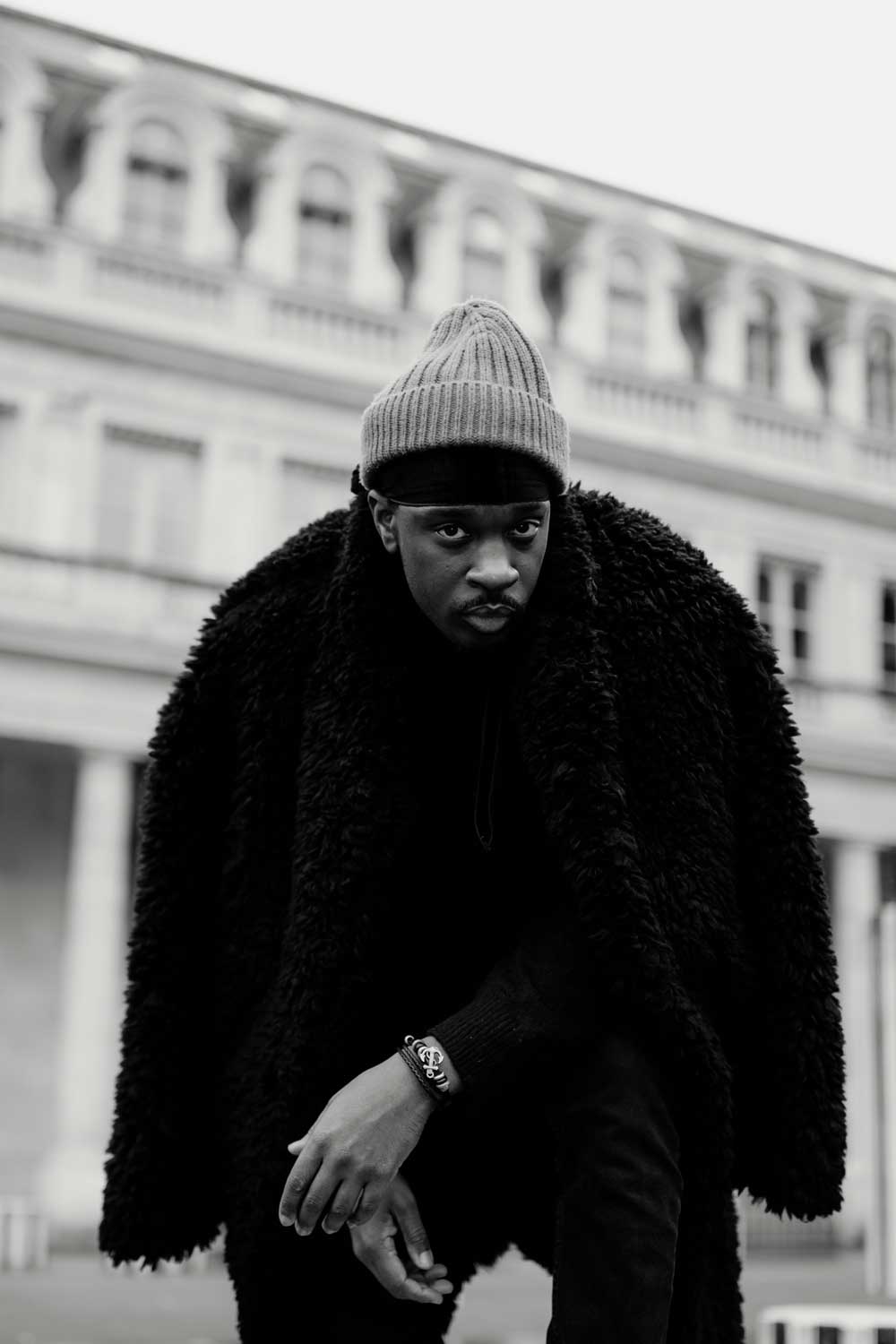
Does Culture Matter? And How Can You Measure Its Value?
By
5 months ago
Darren Henley and LionHeart provide answers.
‘Right now, we’re turning down more fundable applications than at any point in our history,’ reveals Darren Henley, Chief Executive of the Arts Council, England and author of The Arts Dividend. ‘If we had more, we could invest in more, but it is a very tough time.’ Darren is speaking at the inaugural Chelsea Arts Festival, a panel discussion titled ‘Calculating the Arts Dividend: Why Culture Matters’, and with an audience willing to pay money and turn out on a Saturday morning to hear the conversation, it’s likely that the speakers are preaching to the choir.
How To Measure The Value Of Culture
Henley’s day job is to try and gain access to as much public funding as possible, and ensure it’s invested in the most valuable arts projects. But this question of ‘value’ is ever-present in conversations around arts and culture, and Darren suggests that the language may be partly to blame. ‘I don’t like the idea of ‘subsidy’, we’re investing in talent and ideas.’ But what is the pay-off of the investment? How do you measure the value of culture? ‘We try to show the benefit of investment in artists, what artists can do for towns and cities around the countries,’ says Henley. ‘Artists can animate a place, tell stories. Artists can help people to have conversations.’
But of course, facilitating conversations isn’t a compelling enough argument for some. ‘People who haven’t been involved in the arts are sometimes sceptical,’ agrees Darren, ‘and sometimes those people get into power and we have to make the case again. There are so many other pulls on the public purse, but we need to keep making the case. The Council believes in art for the sake of art, but sometimes there are ways to get more investment in.’ Henley’s examples centre around the measurable benefit to the NHS of creative health, dance classes for OAPs that reduce falls and bone breakages; art and theatre groups that boost teen mental health and reduce pressure on local services.
What Do The Artists Say?
But if you really want to make a case for art, ask a poet. One who can voice the magnitude of the artist’s responsibilities, and the capacity to break down barriers with words and creative vision. Rhael ‘LionHeart’ Cape Hon FRIBA, is a celebrated multi-disciplinary artist, poet, director and broadcaster, and the first Poet in Residence at Saatchi Gallery, so it’s fitting that he sits alongside Darren here, for this Saatchi Gallery talk. ‘I’m a very sensitive soul,’ says LionHeart, speaking about the weight of responsibility on artists and their art to represent communities and shift cultural opinions. ‘When you accept the calling of being an artist, it’s a heavy burden to be responsible to yourself, let alone your community. I don’t like the sense that I’m building a dichotomy but I do stand at the forefront of humanitarianism and morals,’ he says. ‘Having opinions, it can feel like you’re isolating people’s way of life, their philosophy. For me to be the artist, it’s not to pick a side, it’s to pick an aperture where people can see both sides.’
This gift of enabling an audience to broaden their horizons is, arguably, priceless (though as a writer I’m perhaps bound to argue thus), but of course many will want further evidence of quantifiable value. It is here that the artist must do the work, reveals LionHeart. ‘Being a struggling artist is a right of passage,’ he tells the audience, reminiscing about his early days as a poet. He recounts speaking to a friend, telling him how much he was struggling. ‘He says to me: “how much time are you spending on your art?” I said 70% on art, 30% on making money. I thought he would be impressed at my dedication to my art but he said, imagine switching the percentage, and see how it goes for you. In the space of 6 months I realised that I was more, and not less, into my art as an artist,’ he says. ‘As soon as you start thinking about the financial and commercial elements, you start to understand the value of your art.’ Because how can you convince others of the value of your art, if you don’t know what it is yourself?
AI & The Value Of Culture
The conversation between Darren and LionHeart, facilitated by BBC Radio 4’s Front Row’s Samira Ahmed, also covered culture in the age of AI, with the influx of ‘AI culture’ obviously throwing further challenges into the mix when it comes to the devaluation of art. This is very much on the radar for the Arts Council, says Henley: ‘One of the things we have to do is to honour the creator. But there’s an amazing opportunity for how we can expand and amplify culture with AI. We’ve got to make sure that artists get paid for their work and it doesn’t get stolen; their copyrights must be honoured.’
LionHeart encourages artists to embrace what AI can do to aid and amplify, but says that we don’t need to worry about human creativity being replaced: ‘your life force is the reason you can be a poet. There is a responsibility and accountability of the traumas I’ve experienced. As James Baldwin says, for those who suffer you can help people suffer less.’
And is the will to minimise the suffering of others not proof of value enough? Culture enlightens, it guides, it brings us together. It stops us being alone. As LionHeart points out: ‘If you can’t seek out yourself in other art forms, it will isolate you.’
So yes, culture matters, but however definitively the question is answered, it seems it will continue to be asked, again and again and again.
Find out what’s still to come at the Chelsea Arts Festival 2025 here.


